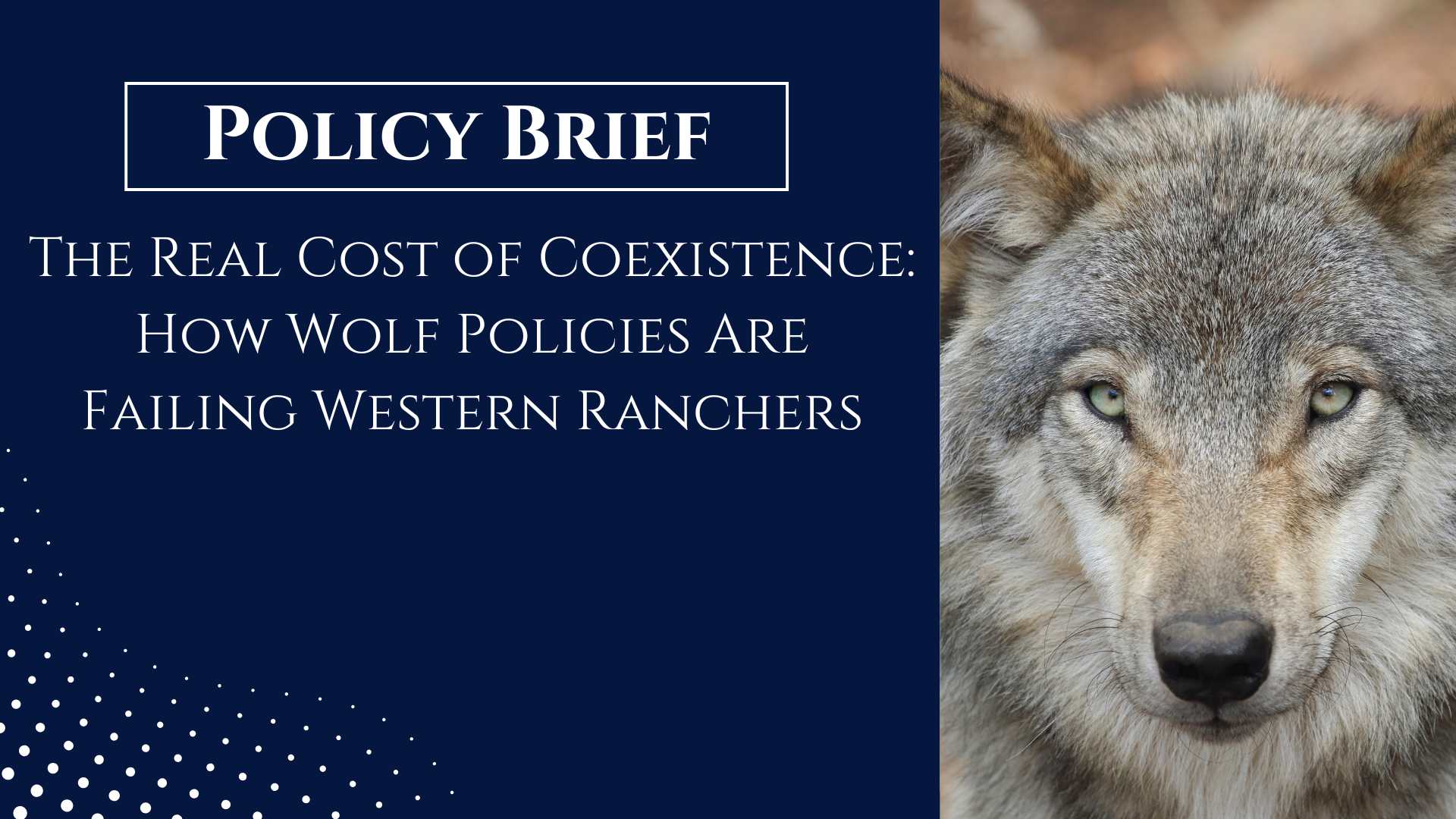What you are willing to spend your own money on says everything about your priorities. When local leaders decry federal cuts to Puget Sound cleanup, but refuse to prioritize salmon recovery and Puget Sound within their own budget, it shows how little they actually care.
The reaction to the Trump Administration’s proposed budget is instructive.
The announcement that the Trump Administration would be cutting federal grants for Puget Sound cleanup by 93 percent was met with loud protests by those working on cleanup efforts.
Sheida Sahandy, the director of the Puget Sound Partnership (PSP) described her reaction as, “nothing short of panic,” going on to say, “I think the people who ought to be concerned is everybody who likes living here. You know, it's not just your environmental activists.” Her reaction is understandable since the PSP relies on federal grants for a fair amount of its funding.
As a member of the PSP’s Salmon Recovery Council, I can attest there is much to be done in the Sound and I think the PSP has, overall, done a better job recently of focusing on scientifically grounded priorities. I share Sheida’s assessment that cleaning up Puget Sound is a priority and it is worth funding.
The former regional director of the EPA, Dennis McLerran, also weighed in, saying, “We really poured our heart and soul into Puget Sound recovery.” I have less sympathy here. In my discussions with salmon recovery advocates, there was broad agreement that the EPA’s grant office wasted a fair amount of time and money duplicating and second-guessing the work of local agencies. Money that could have gone to cleanup efforts was instead wasted in process and paperwork.
That is what bothers me about the hand-wringing over the announcement about the proposed budget cuts. For years, wasting money was of little concern but now that a politically convenient opponent has done something similar, there is outrage. To the environment, however, a dollar wasted is no different than a dollar cut, no matter who is in office.
Where was the outrage when, as we noted last year, Governor Inlsee’s capital request budget was actually lower for the next biennium despite increasing overall state government spending by more than $4 billion? Between the Stormwater Financial Assistance Program and salmon recovery projects, the Governor’s request is about $35 million less than last time – slightly less than the reduction proposed by the President, since it is over two years. Governor Inslee proposed more money for everything else. Less for Puget Sound.
Perhaps the most telling indication of where salmon and Puget Sound cleanup stand is King County Executive Dow Constantine’s proposal for $469 million in new taxes – about $67 million a year – for “arts and science.” This is more than twice the size of the proposed funding cut by the federal government. It is somewhat remarkable that this proposal comes at a time when King County’s failing treatment plant is spilling hundreds of millions of gallons of wastewater and sewage directly into the Sound.
Many advocates of government-run environmental programs are quick to judge others for failing to fund those programs. In the case of Governor Inslee and Executive Constantine, however, they appear to support salmon recovery only if someone else is paying for it. When they propose their own spending, however, they have not found any money, despite billions in proposed tax increases, for Puget Sound clean up.
It is not surprising that the Trump Administration, or any federal agency, would prioritize Puget Sound cleanup less than we do locally. It is one reason we should provide more local control over funding decisions. Local funding means we not only have more control, there is more accountability for success or failure.
There is no doubt the funding proposal from the Administration, if enacted by Congress, would impact Puget Sound cleanup. Some of that will be bad, with good projects being delayed. There may be some positive results, however, as we look for ways to prioritize projects, make every dollar go farther and find local sources of funding that are less volatile.
Until Governor Inslee, Executive Constantine and other local leaders show they are willing to prioritize Puget Sound cleanup with their own funding, we should see their condemnations of the Trump Administration’s proposed cuts as little more than empty rhetoric.





